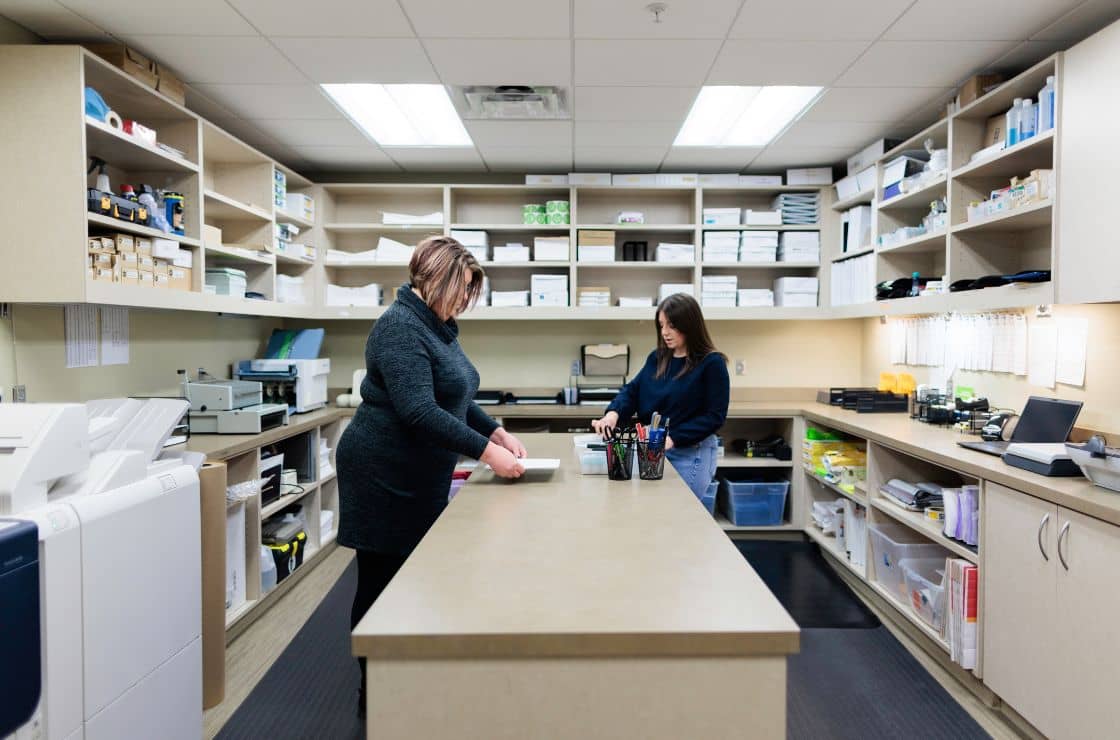
Every business owner wants to protect their company from fraud. Unfortunately, many business owners need to learn how to do this effectively. One way to reduce your risk of fraud is by implementing segregation of duties.
What is the segregation of duties, and why is it important?
Segregation of duties is assigning specific tasks and responsibilities to different individuals. Segregating essential duties helps to prevent one individual from having too much control over a particular process. It is important because it makes it more difficult for someone to commit fraud without being detected.
Below are some reasons why it is crucial:
1. Control and Monitoring
When multiple individuals are responsible for separate aspects of a task, it is easier to control and monitor what is happening. This prevents mistakes from being made and fraud from being committed.
2. Reduced Risk
Having numerous people responsible for various tasks reduces the risk that one person will be able to commit fraud without being detected. People can most easily commit fraud when they have access to both assets and records.
3. Increased Accountability
When employees are responsible for separate tasks, they are more accountable for their actions, reducing their likelihood of committing fraud.
4. Improved Efficiency
Having individuals perform different tasks can help to improve the efficiency of the overall process. Each person can specialize in their task vs. trying to do everything at once.
5. Enhanced Security
When multiple people are responsible for various tasks, it can help enhance the security of the overall process. If one person's access is limited to a particular asset or record, it is much harder for them to commit fraud.
CORE DUTIES TO SEGREGATE
Companies should segregate three core duties to reduce the risk of fraud:
1. Asset custody
Whoever has asset custody is responsible for physically safeguarding assets such as cash, inventory, and equipment. Most businesses segregate this responsibility by having one person responsible for protecting assets and another responsible for maintaining the records.
2. Recordkeeping
As the name suggests, this is the responsibility of maintaining records like invoices, receipts, and ledgers. It is important to have someone solely responsible for keeping accurate records to prevent fraud.
3. Authorization
Authorization is the responsibility for managing and approving transactions. Whoever has this permission can perform actions such as approving invoices, issuing checks, and initiating bank transfers. It is essential to have someone solely responsible for this duty that does not have asset custody or control of the records.
CHECKLIST
Below is a checklist of things you can do to help segregate duties and reduce your risk of fraud:
Monthly Independent Review of Bank Statements
Most businesses have someone responsible for reconciling the bank statements each month. Have someone else without authorization to execute bank transactions review the statements independently to look for any discrepancies.
Monthly Independent Review of Canceled Checks
Like the monthly review of bank statements, have someone review the canceled checks independently. Compare canceled checks clearing the bank account to the check register. With two sets of eyes reviewing transactions, suspicious activity is caught more easily.
Monthly Independent Review of Cash Receipts
Individuals without access to the physical cash receipts or system should review cash receipts and deposits to sales invoices and reports.
Independent Inventory Counts
Have an individual without the ability to change inventory records, review and compare purchase orders, receiving slips and reports to ensure inventory is accurate.
Payroll Processing
An individual should review payroll without access to payroll functions. The independent reviewer should compare employee compensation, benefits to authorized compensation, and benefits to catch any discrepancies.
LUTZ CAN HELP
At Lutz, we understand the importance of the segregation of duties and can help you put procedures in place to mitigate your exposure to fraud. Contact us if you have questions or need assistance getting started.
Recent News & Insights
Do You Need a Family Office? 7 Aspects to Consider
Tariff Volatility + 4.7.25
Lutz Named Top Consulting Firm in 2025 Omaha B2B Awards
Direct vs. Indirect Costs in the Construction Industry



.jpg?width=300&height=175&name=Mega%20Menu%20Image%20(1).jpg)
%20(1).jpg?width=300&height=175&name=Mega%20Menu%20Image%20(2)%20(1).jpg)
%20(1)-Mar-08-2024-09-27-14-7268-PM.jpg?width=300&height=175&name=Untitled%20design%20(6)%20(1)-Mar-08-2024-09-27-14-7268-PM.jpg)

%20(1)-Mar-08-2024-09-11-30-0067-PM.jpg?width=300&height=175&name=Untitled%20design%20(3)%20(1)-Mar-08-2024-09-11-30-0067-PM.jpg)
%20(1).jpg?width=300&height=175&name=Mega%20Menu%20Image%20(3)%20(1).jpg)
%20(1).jpg?width=300&height=175&name=Mega%20Menu%20Image%20(4)%20(1).jpg)
%20(1).jpg?width=300&height=175&name=Mega%20Menu%20Image%20(5)%20(1).jpg)
-Mar-08-2024-08-50-35-9527-PM.png?width=300&height=175&name=Untitled%20design%20(1)-Mar-08-2024-08-50-35-9527-PM.png)


.jpg)




